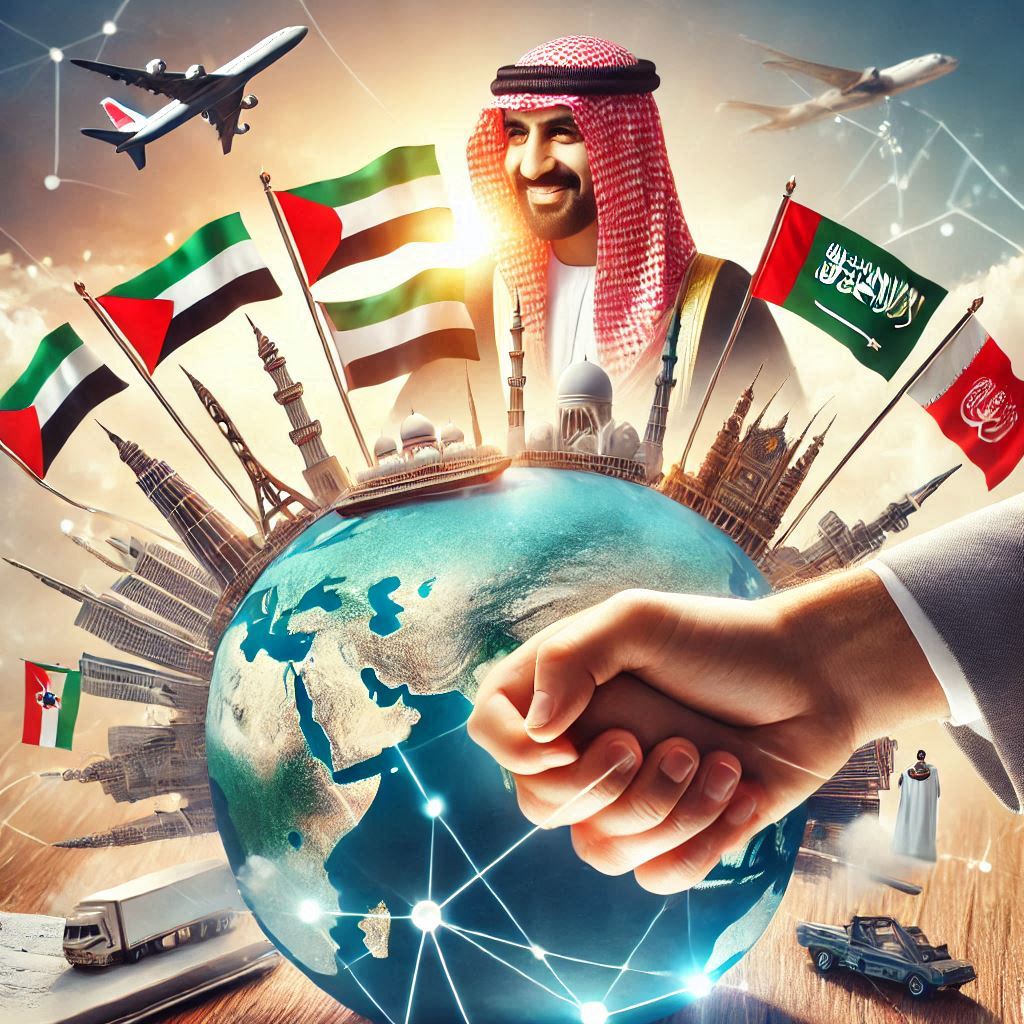俄羅斯在與烏克蘭長達三年的戰爭中,付出哪些沉重的代價?
俄羅斯在與烏克蘭長達三年的戰爭中,付出沉重的代價,不僅在軍事領域遭受重大損失,國內外政治與經濟環境也持續惡化,導致其全球影響力逐漸衰退。
軍事損失與人員傷亡:這場戰爭使俄羅斯軍隊蒙受巨大損失,數十萬士兵在戰場上傷亡,許多先進軍事裝備在烏克蘭的頑強抵抗下被摧毀或遺棄。俄軍原本被視為強大的機械化部隊,但戰爭暴露其補給線脆弱與指揮系統混亂的問題。
經濟崩潰與制裁打擊:俄羅斯持續面臨來自美國與歐洲國家的嚴厲經濟制裁,直接衝擊其能源出口與金融體系。超過3000億美元的外匯儲備被凍結,部分歐美國家甚至討論將這筆資金移轉給烏克蘭作為戰爭賠償。盧布大幅貶值,物價飆升,俄羅斯依賴進口的產品價格暴漲,國內市場動盪不安,民眾生活壓力與日俱增。
地緣政治失利與戰略影響力下滑:俄羅斯原本在中東地區擁有較強的影響力,但隨著戰爭資源大量傾斜至烏克蘭戰場,對敘利亞的掌控逐漸削弱,使伊朗支持的真主黨與哈瑪斯等盟友失去俄羅斯的全面協助。這局面進一步削弱俄羅斯在中東的主導權。
北約擴張與戰略反噬:俄羅斯發動戰爭的初衷之一是阻止烏克蘭加入北約,然而結果適得其反。戰爭爆發後,鄰國芬蘭與瑞典迅速放棄中立政策,先後正式成為北約成員,拉近北約與俄羅斯邊界的距離,使俄羅斯的安全形勢更加不利。
國內動盪與政治壓力:戰爭導致俄羅斯國內經濟進一步惡化,資金與資源不斷流入戰爭機器,公共建設與民生福祉遭到擱置。反戰聲浪逐漸高漲,即使政府嚴加打壓異議人士,仍無法完全平息社會的不滿與分裂。
總體而言,俄羅斯在這場戰爭中付出的代價遠超預期。無論是軍事、經濟還是外交層面,皆面臨極大的挑戰與損耗。這場戰爭不僅未能鞏固俄羅斯的區域霸權,反而削弱其全球地位,讓俄羅斯在未來數年內都難以擺脫戰爭帶來的負面影響。
Over the course of its three-year war with Ukraine, Russia has paid a heavy price, suffering not only significant military losses but also facing worsening political and economic conditions both domestically and internationally. This has led to a gradual decline in Russia’s global influence.
Military Losses and Casualties
The war has inflicted severe damage on the Russian military, with hundreds of thousands of soldiers killed or wounded on the battlefield. Many advanced military assets have been destroyed or abandoned in the face of Ukraine’s fierce resistance. Once regarded as a formidable mechanized force, the Russian army's vulnerabilities in logistics and the disarray of its command structure have been laid bare by the ongoing conflict.
Economic Collapse and the Impact of Sanctions
Russia continues to grapple with harsh economic sanctions imposed by the United States and European nations, severely affecting its energy exports and financial systems. Over $300 billion in foreign reserves have been frozen, with some Western countries even considering transferring this sum to Ukraine as war reparations. The ruble has plummeted in value, inflation has surged, and the cost of imported goods has skyrocketed, plunging the domestic market into turmoil and increasing pressure on the Russian population.
Geopolitical Setbacks and Declining Strategic Influence
Russia’s influence in the Middle East, once considerable, has gradually diminished as war resources are redirected to the Ukrainian front. This has weakened Russia’s hold over Syria and limited its ability to provide comprehensive support to allies such as Hezbollah and Hamas, backed by Iran. As a result, Russia’s dominance in the region has further eroded.
NATO Expansion and Strategic Backfire
One of Russia’s primary objectives in launching the war was to prevent Ukraine from joining NATO. However, the outcome has been the opposite of what was intended. In the wake of the conflict, neighboring Finland and Sweden swiftly abandoned their longstanding policies of neutrality and formally joined NATO. This has expanded NATO’s presence along Russia’s borders, exacerbating Russia’s already precarious security situation.
Domestic Unrest and Political Pressure
The war has deepened Russia’s economic woes, with vast amounts of capital and resources funneled into the war effort at the expense of public infrastructure and social welfare. Anti-war sentiment has steadily grown, and despite the government’s stringent crackdown on dissent, social discontent and division continue to simmer beneath the surface.
In summary, the costs Russia has borne in this war far exceed expectations. The country faces formidable challenges and losses across military, economic, and diplomatic fronts. Rather than consolidating regional dominance, the war has weakened Russia’s standing on the global stage, leaving the nation struggling to recover from the far-reaching negative consequences for years to come.


照片:DALLE3
- 1
- 2
- 3
- 4
